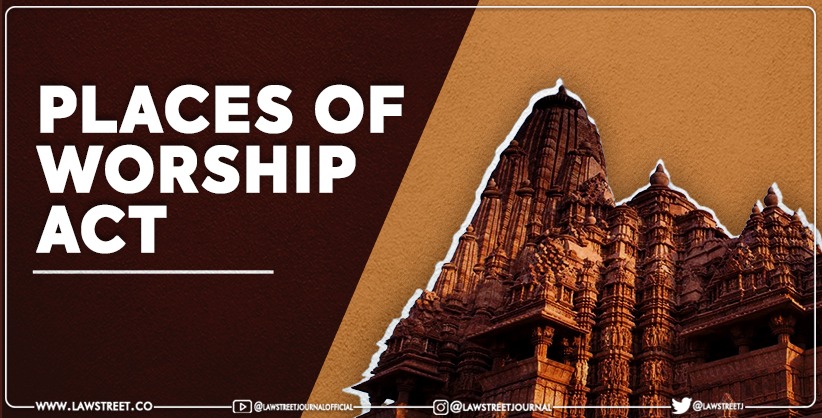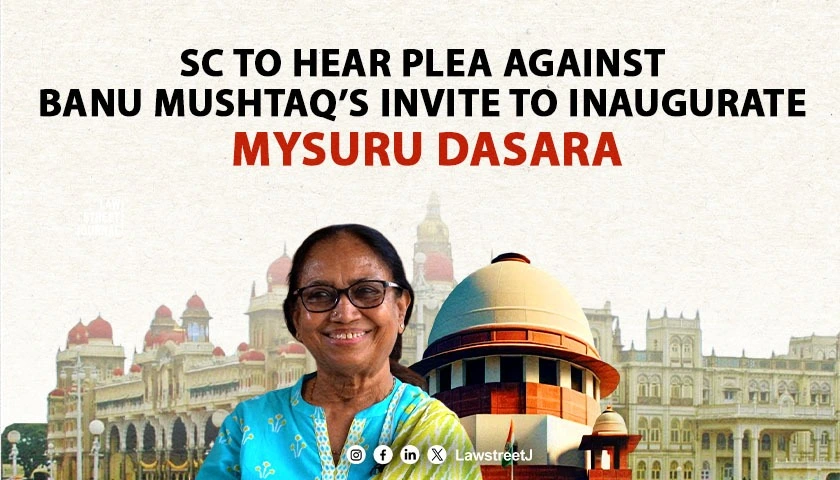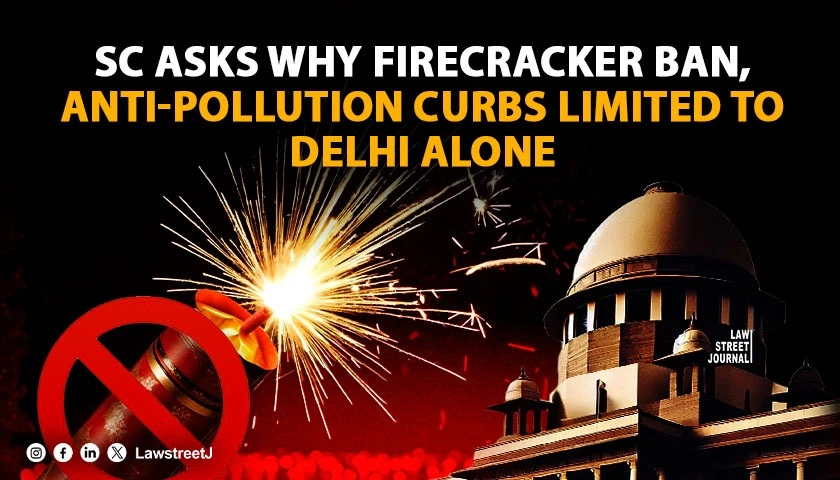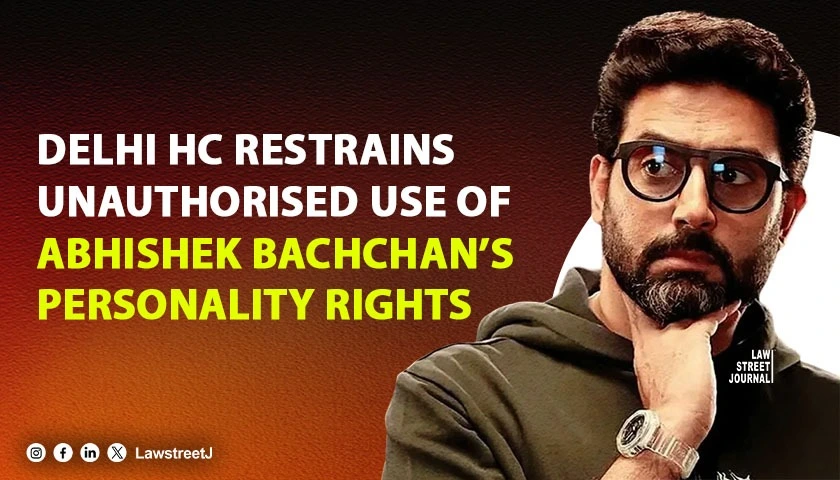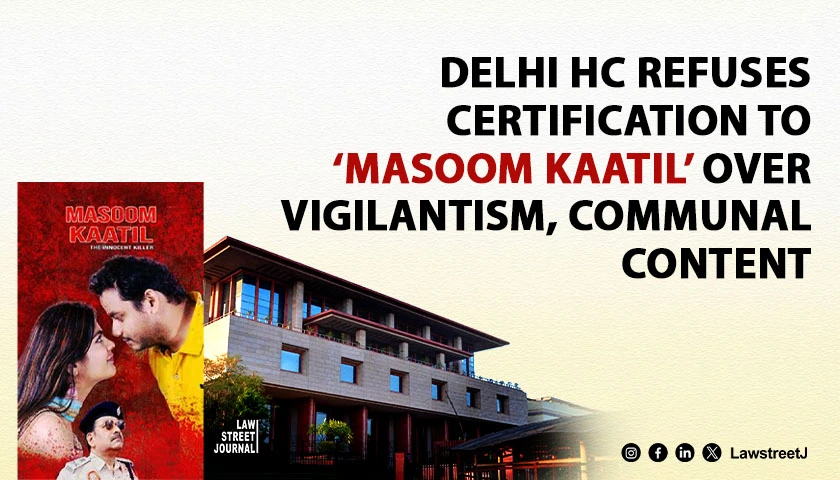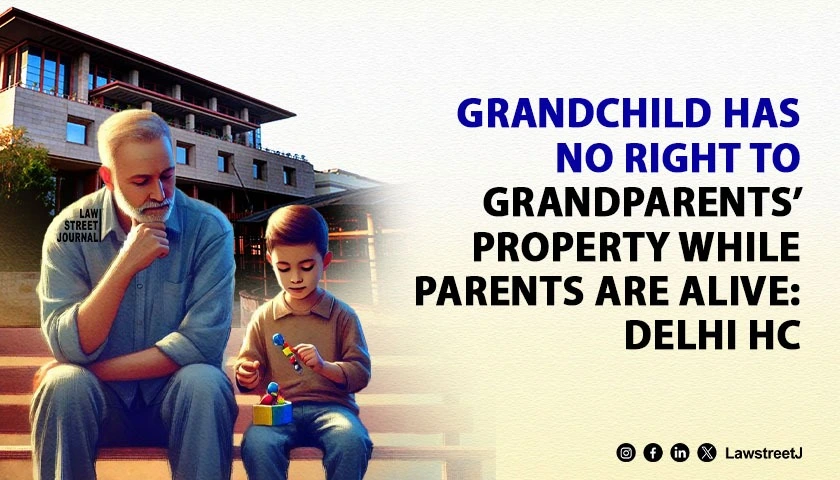NEW DELHI: A plea has been moved by Maharaja Kumari Krishna Priya, the daughter of Kashi Naresh Vibhuti Narayan Singh, and others in the Supreme Court in support of the petitions, including by Ashwini Kumar Upadhyay, questioning the validity of the Places of Worship (Special Provisions) Act, 1991.
The intervention application, jointly filed with Santosh Tamilarasan and G Aravindalochanan, contended the 1991 Act is a textbook instance of a legislation that was passed in the most undemocratic of manners possible, without any regard for the fundamental rights of affected parties, in particular the right of formerly colonised indigenous communities to seek reclamation of occupied religious cum civilisational sites.
"The haste with which the Act was passed by the then dispensation without sufficient notice to members of the Parliament, in particular, the then Opposition, evidences the premeditated intent to not subject the contents of the Act and its implications to a democratic and informed debate," their plea stated.
The plea said it is indeed shocking that the government of an independent formerly colonised country deemed it fit to enact a legislation which places an embargo on reclamation of occupied religious sites of indigenous/Bharatiya faith systems.
"While, on the face of it, it could be argued that the Act is applicable equally to all communities, the fact is that its intended impact are the rights of Bharatiya faith systems which are prevented from reclaiming the objects of their faith, their Kshetra and Deities. In other words, the Act is a textbook example of oikophobia/oikomisia and misautogeny i.e., hatred or contempt for ones own people and culture. A statute which would have better suited a coloniser and a colonial regime was enacted by an independent native Government after four decades of decolonisation," it said.
The plea said as the Head of the Kashi Royal Family was traditionally recognised as the authority on the religious aspects of the Kashi Vishwanath Mandir, the family had the duty and right to seek reclamation of the disputed illegal structure known as the Razia Mosque, the original site of the Kashi Vishwanath Mandir.
The Razia Mosque was built by Qutub-ud-Din Aibak in 1194 C.E. after the destruction of the Vishwanath Mandir, it claimed.
In addition to the Razia Mosque, the plea said, the Royal family also sought reclamation of the disputed illegal structure known as the Dhaurahra Mosque, built by the Mughal emperor Aurangzeb after the destruction of the Bindu Madhav Mandir in 1682 at the Panchaganga Ghat in Varanasi.
Tamilarasan, the applicant number two, is a member of Tuluva Vellalar community, which rebuilt the Kapaleeshwara Temple in Chennai after its destruction by the Portugese. The St Thomas Basilica now stands in its place. The Tuluva Vellalar community, it is submitted, has the exclusive right of trusteeship in the Kapaleeshwara Temple.
Aravindalochanan, the applicant number three, is a Vaishnavaite, who claimed has the duty and right to seek reclamation of the Bindu Madhav Mandir.
All the applicants have the locus to challenge the vires of the Act on grounds of violation of Articles 25, 26, 29 and 32 of the Constitution, the plea claimed.
A number of petitions as well as intervention applications by Muslims organisations like Jamiat Ulama-I-Hind and All India Muslim Personal Law Board have been filed against the law which mandated maintaining character of religious places as prevailed on August 15, 1947.

